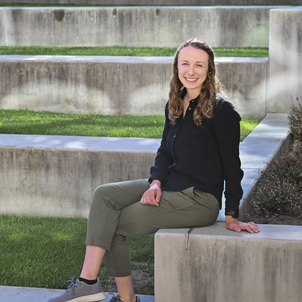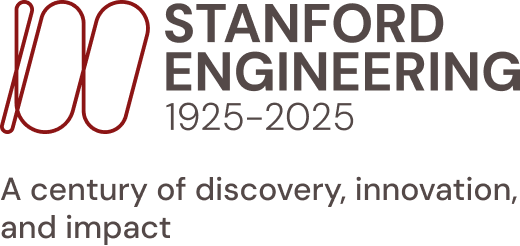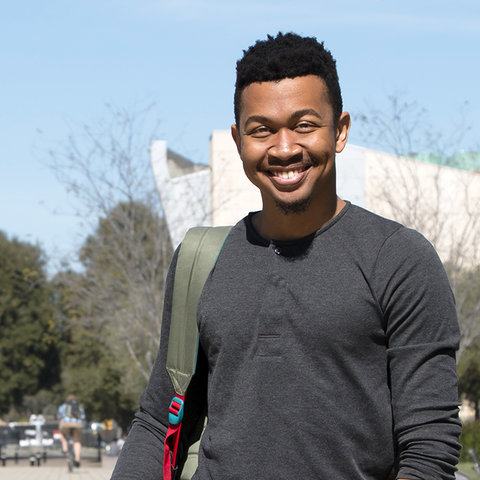My friends and family back home were engaged in action. I had a hard time reconciling these two conflicting identities at the time, but it made me think heavily about how I could leverage my education while remaining true to where I come from. It made me realize how strongly I felt about incorporating social action into my engineering work. I wouldn’t have come to these insights without the help and support of mentors on campus.
I’ll be the first engineer in my family come June 2017. When I was younger it was difficult to learn about the field because there was no one I could ask, although I do strongly remember my mom helping me find resources and opportunities. My interest in my major originated because I was a big fan of comic books. I dreamed of somehow using advanced technology to help people, and thought engineering could help me make this dream a reality. I especially wanted to assist black and brown folks by helping develop new technologies and partnering with those who were already doing this work. Currently, I am working to develop a product in partnership with an international nonprofit organization to address the area of poultry farming. Which is pretty cool.
Transitioning to this school was rough. The classes were hard and the social aspects of college were not easy either. I had to work hard over a short period of time to get up to speed with academics and sometimes even that wasn’t enough. Still, I always believed I would make it to the finish line. It feels like a big accomplishment to now be at a point where I have enough confidence in my engineering knowledge to conceptualize and execute a project independently or with a team. It also feels good to know that through all of my hard work, I have developed the necessary language to be able to communicate technically with my peers and professors.
One of my most impactful teachers at Stanford gave me advice my freshman year that I hold onto today. She told me to identify what it is I care about and anchor that into the work I choose to do. I care deeply about the welfare of people of color and I believe my responsibility as I leave this institution is to use my degree for others. Coming from where I do and living at Stanford has given me the blessing of understanding two worlds. As I transition from college to the professional world, I won’t just do philanthropic work on the side, I will prioritize involvement in organizations where partnerships with community are at the core of the mission. Eventually, I hope to provide more affordable if not free medical technology to low-income communities. I know it will happen. It’s just a matter of time.
One of the most fulfilling parts of my time at Stanford has been my participation in the Society of Black Scientists and Engineers (SBSE). Within the group, my friends and I started a program called BYTES – Black Youth Teams Engineering Solutions. We organized technical skills workshops for underclassmen, funded projects for student teams, and created workshops for over 400 high school students in communities outside of Stanford. I’m proud of how many students we’ve reached in the area and know SBSE will continue this important work.
Related spotlights
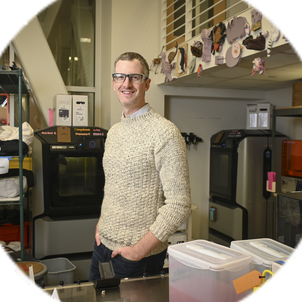
Dan Somen
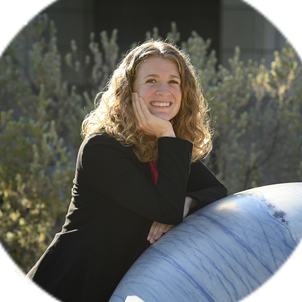
Sonia Martin
